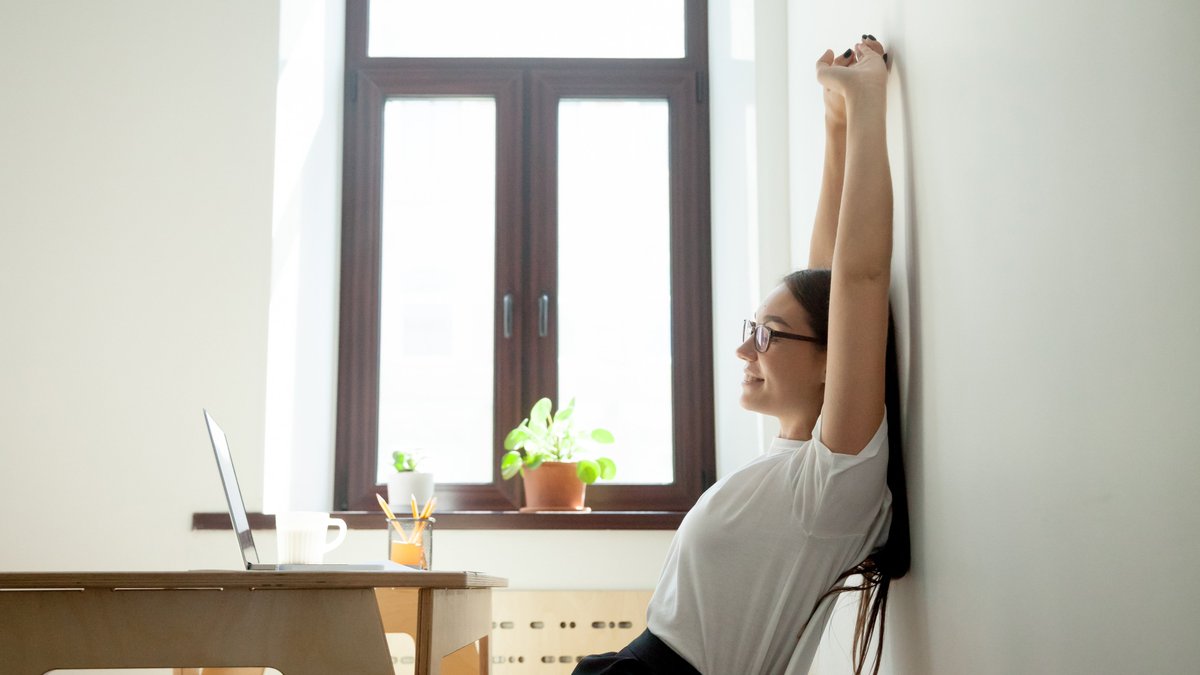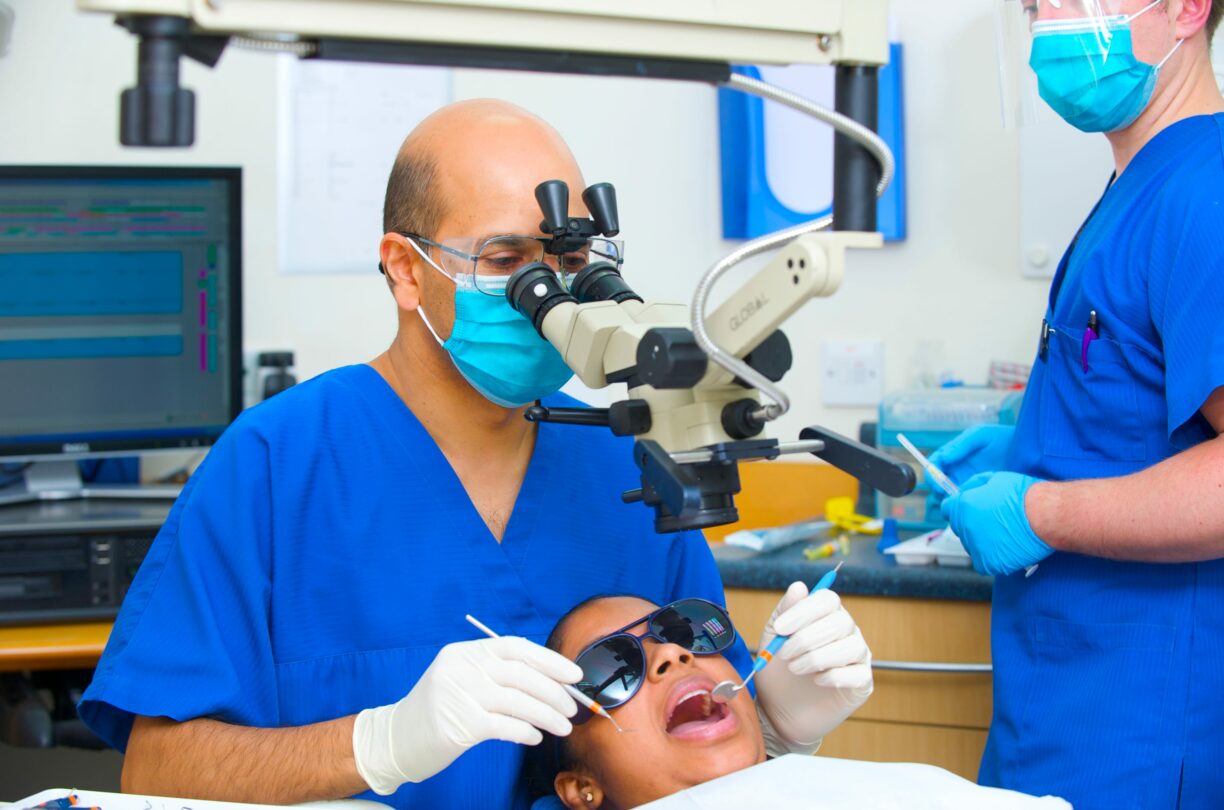Since the start of the pandemic, the percentage of people working from home has risen from 5% to 71% in the UK and with many making do with makeshift work areas such as kitchen tables and even sofas, it’s unsurprising that 1/5 of home workers are now reporting musculoskeletal disorders as a result.
OneWelbeck Consultant Orthopaedic Surgeon Simon Owen-Johnstone highlights the strain put on our bodies thanks to the reduced movement and poor posture involved with working from home and together with leading Occupational Therapist David Baker offers solutions to help you avoid long-term musculoskeletal damage, including reincorporating a morning commute.
“Going from bed to boardroom is far more intense.”
According to OneWelbeck Consultant Orthopaedic Surgeon Simon Owen-Johnstone, we have the change in our lifestyle factors to thank for this.
“Even nine months in, many people are still making do with sub-standard desk-screen equipment, working for hours on end on a laptop or finding the lure of the sofa too strong to resist.
When combined with the fact that we no longer have the commute to encourage us to move our bodies between waking and working, our posture is suffering as a result.”
Other factors such as increased sedentary screen time (thanks to the inability to properly socialise or take part in usual hobbies), more high-impact body weight exercise in the wake of closed gyms and the lack of natural breaks, work intensity, says Simon, has hugely increased, leading directly to greater strains on our physical health:
“The start of the day for many used to involve a personal hygiene and grooming routine, a walk to the station, some personal time for reading or listening, another walk and some social interaction all before logging on. Working from home, it is possible to go from bed to to the boardroom in seconds, making for a real shock start.
“The usual office day also has brief natural pauses as a response to the surroundings. Someone asks something; phones ring, toilet breaks are further away and take longer. We now lack all of this which makes it far more intense.”
Why the musculoskeletal system affects everything else negatively
All of these seemingly subtle lifestyle changes can have a massive effect on our posture, as highlighted by the Institute of Employment Studies who reported that survey respondents noticed a significant decline in musculoskeletal health with backs (55%), necks (58%) and shoulders (56%) taking the most strain.
What to do about it
It’s not all bad news, though. According to OneWelbeck’s Occupational Therapist David Baker, “motion is lotion” and there are several steps you can take to keep your musculoskeletal system in top condition and ensure it is well-aligned, even when working:
Whilst working:
• Sit right back in your chair with your back supported, try not to slouch
• Aim for Knees slightly lower than hips, feet flat and supported
• Elbow, shoulder and ear in a vertical line, with at least a 90 angle at elbow
• Eyes in line with top of the screen, at arms distance away
• Keyboard and mouse close to body, try to avoid wide reaching for them
• Aim to keep your wrist straight when using the mouse
• Try to avoid awkward postures eg constant head twisting to see a monitor or stretching fingers to press a key
• Minimise lean on elbows or wrists
• When using the mouse and keyboard, move from the elbow and shoulder and minimise movement from the wrist
In your lifestyle:
• Even when working from home, take a walk around the block to start your day – reincorporate your daily commute!
• Try not to eat lunch at your desk, get a change of position and environment
• Try to reduce use of tablets and phones, transfer work to a computer where possible
• For your eyes, look away from the screen at least every 20 minutes, a distance of 20 feet away, for 20 seconds
• Consider mindfulness and other activities to reduce stress such as cardio-vascular exercise
• Aim to get up from your chair every 45-60 minutes, aim to avoid static postures





